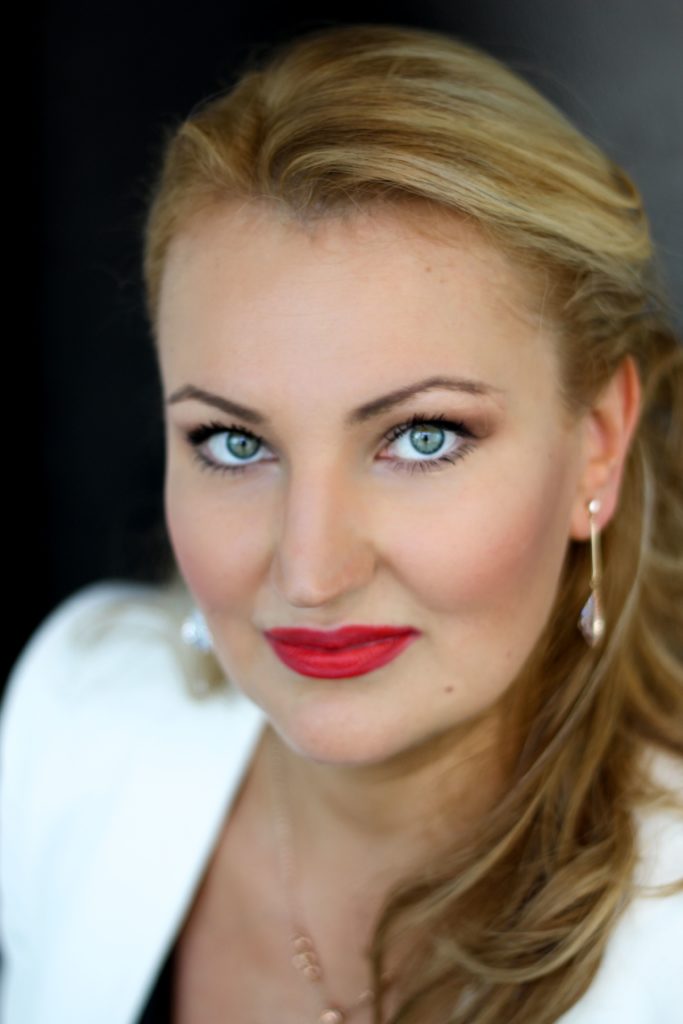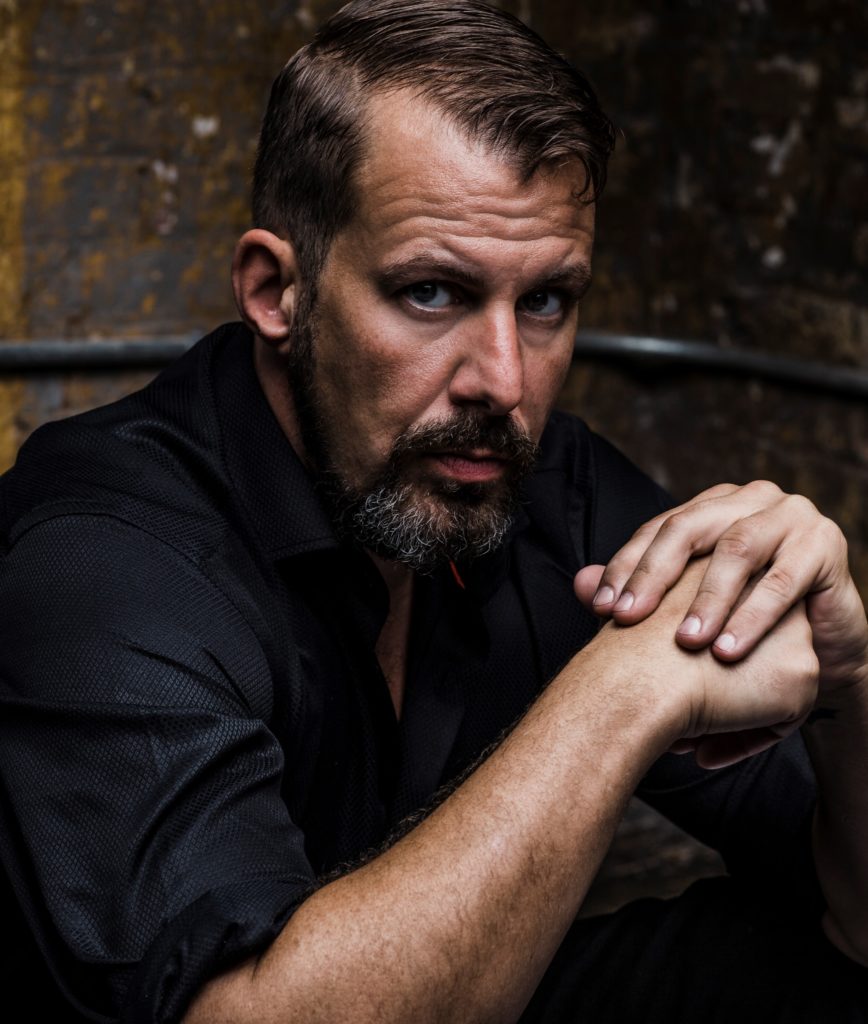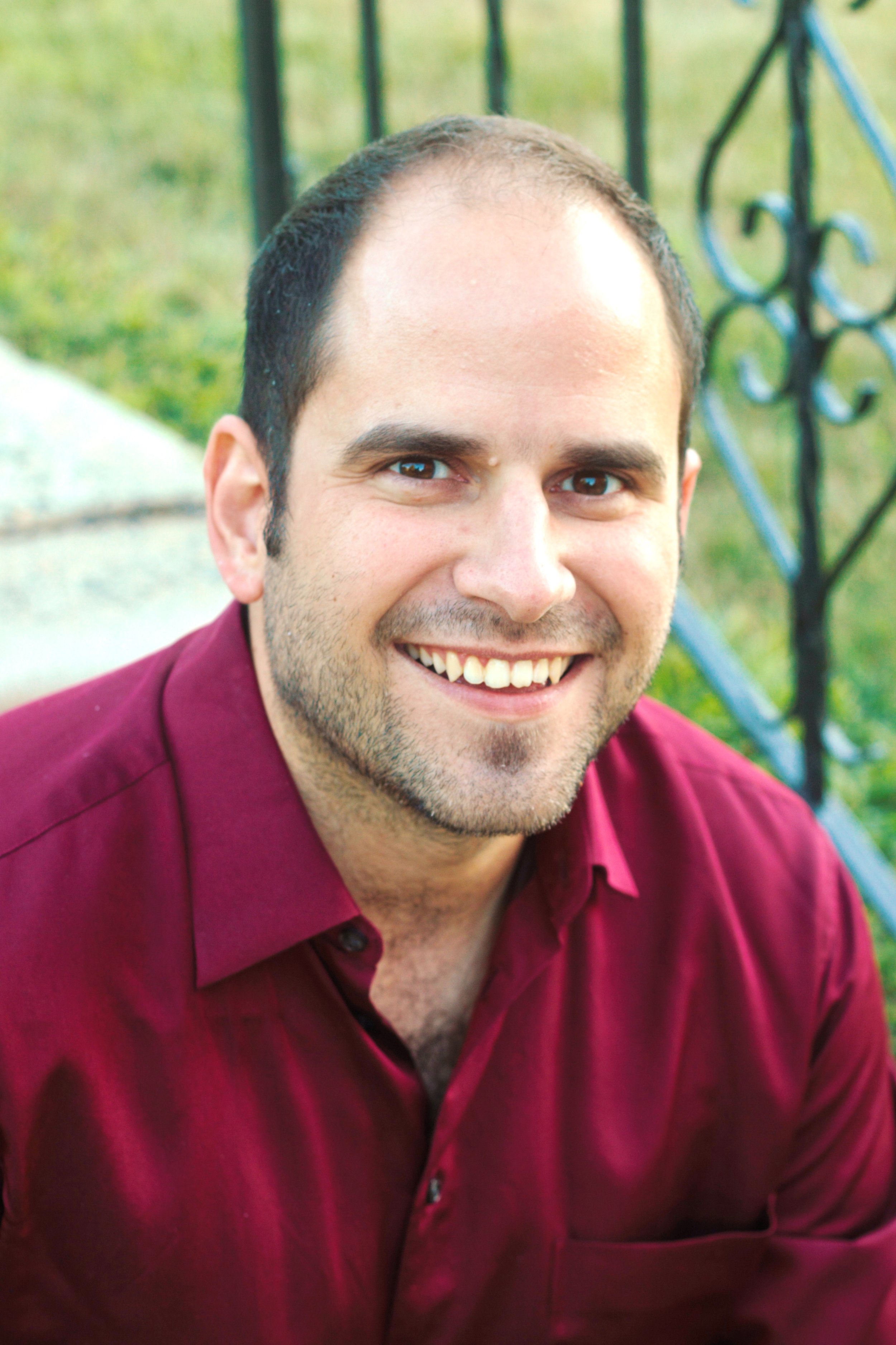Virginia Opera is leading off their 2019-2020 season with Tosca, which is one of the world’s most often performed operas. As a developing opera fan, I have gone through several phases in regard to seeing the same opera over and over. As a newbie, I couldn’t get enough, but after a while, seeing the same story again and again was getting to me. Soon that advanced to “Oh please, not another Tosca”. Next it was resignation; I compared attending my most recent live performance to having to go to mom’s every Sunday for dinner. Now, I think I have moved on to rebirth, largely thanks to Tosca – I watched a movie version recently and found myself fascinated by the remarkable change in the character Tosca at the end of Act II. Suddenly, I was going deeper into the characters and their story and found myself being fascinated and rewarded yet again. So, let’s explore some reasons why you should see Tosca again, including the music, a new cast, and a new telling, reasons that will also apply to why see it the first time, but let’s also take a deeper dive into Floria Tosca herself and her moment of truth.
Virginia Opera’s Conductor and Artistic Director Adam Turner. Photo courtesy of Virginia Opera.
Tosca is pretty much the perfect opera, a beautiful wedding of a great story and great music. A critic once called it “a shabby little thriller”, so you know it has to be good. Take your friends who have never seen opera before to this one. This is Puccini at his lyrical best; same for his librettists Luigi Illica and Giuseppe Giacoasa. But be warned - it is not an opera for young children - it is romantic, but also violent, even brutally so, and profane, not so much in language, but by deed. It has shocks; there is an attempted rape, two suicides, and two executions. Yet, the tale is focused on a love story between the singer Floria Tosca and the painter Mario Cavaradossi, harassed by an evil villain, Baron Scarpia, all played against the backdrop of a true historical battle for rule of Italy as Napoleon advanced to retake control of Rome in 1800. You will probably never forget the dramatic opening chords of Tosca which reoccur throughout each time Scarpia appears or is even mentioned. One reason to hear Tosca again is to hear a new conductor and orchestra bring Puccini’s music to life and see how well they manage to integrate the music into the telling of the story. We will be getting a performance by VA Opera’s Conductor Adam Turner and the Virginia Symphony Orchestra. Perhaps the best reason to go is that it is a live performance. I have a good stereo system, but it is no match for hearing the music live.
Puccini not only delivers great music; he also gives his singers some great arias to perform. Scarpia gets “Tre sbirri…Va, Tosca (Te Deum)” in Act I; Tosca gets “Vissi d’arte” in Act II, and Cavaradossi gets “E lucevan le stelle” in Act III, all possessing stunning beauty. These are plum roles for singers everywhere, and hearing a new cast deliver these arias and give their interpretations of the characters are compelling reasons to see Tosca again, especially for a singer you have longed to hear. Established star bass-baritone Kyle Albertson will play Scarpia and tenor Matthew Vickers, who sang Pinkerton in last season’s Madama Butterfly, will play Cavaradossi. Relative newcomer, soprano Ewa Płonka will play Tosca. In reading about Ms. Płonka, it seemed most of her roles to date were for a mezzo soprano, and Tosca calls for a soprano. I posed a couple of questions to Conductor Turner, who is also the Artistic Director for Virginia Opera, about his choice of a singer to play Tosca, and he generously provided these insightful written responses –
l to r - Virginia Opera’s Floria Tosca, Baron Scarpia, and Mario Cavaradossi played, respectively, by Ewa Płonka, Kyle Albertson, and Matthew Vickers. Photos courtesy of Virginia Opera.
What can you say about why you selected Ewa Płonka to play Tosca? What attracted you to her?
“Every autumn Virginia Opera holds mainstage auditions in New York City, typically over a period of 2-3 days, during which we hear anywhere from 80-120 artists for consideration in future seasons. These indispensable opportunities to scout fresh talent for VO's audiences provide us with a number of tremendously qualified candidates, and last fall was certainly a fine example of that! Ewa presented arias by Puccini and Wagner, and I was immediately transfixed by her vocal quality, expressive colors, nuanced shaping of text, ability to embody a character and provide captivating storytelling, etc. All of the essential elements that contribute to a well-rounded and thoughtful artistic presentation were offered in those "high stakes" moments, and I knew that Ewa was without question *our* Floria Tosca.”
Most of Ms. Płonka's roles thus far have been mezzo-soprano roles. I have also read she is a spinto soprano. Can you explain for readers what characterizes a spinto soprano? How do you think this will distinguish her portrayal of Tosca?
“Throughout their careers, singers' voices evolve and go through various transitions. Especially for many women, vocal range can change, the voice's timbre and weight can mature into uncharted territory, and the instrument can generally unfold completely different colors. How any singer identifies their vocal category, placing themselves in the so-called appropriate "Fach box", is a truly difficult and personal process. While Ms. Płonka's more recent history has featured mezzo-soprano roles, she's currently exploring more "spinto" or "dramatic" soprano roles - Turandot, Tosca, etc. I think we have the ability to offer artists a profoundly important platform at Virginia Opera - the opportunity to "try-out" a role, in a safe environment, experiencing a run of seven performances, during which an artist can adequately explore all the challenges and rewards of a new role. Like any compelling theatrical experience, for an audience this represents an exciting evening in the theater - similar to attending a sporting event, with all the thrilling leaps and (hopefully) slightest falls.”
Virginia Opera’s Director of Tosca, Lillian Groag. Photo courtesy of Virginia Opera.
So, attend Tosca to see Ewa Płonka give us her Tosca. All the singers, Płonta, Albertson, and Vickers will bring the characters to life in their own way; how will we feel about these characters from their portrayals? You take a risk in attending live opera; the evening could be a disappointment or your best night at the opera ever.
In my early viewings of Tosca, I have considered it to be Scarpia’s opera with his attempt to bed Tosca by coercion and his very embodiment of evil. But lately, it is the dramatic transformation of the heroine Tosca that has intrigued me. The moment of truth is a term I heard a lot in regard to dramas when I was young, not so much anymore. It applies when a character has to face a decision and neither the character nor we know what she is going to do. As my son once said when he first witnessed Tosca’s most dramatic scene, “I didn’t see that coming!”. Her decision emerges from the depths of her soul and changes her forever, a defining moment, a moment of truth, when the true character of the character is revealed. A new Floria Tosca emerges at the end of Act II. I really wanted to know how Director Lillian Groag would approach VA Opera’s Tosca this time and she graciously agreed to chat with me.
Ms. Groag’s first directing effort with VA Opera was also forTosca. Before devoting herself to directing plays and operas, she also had successful careers as an actress and as a playwright. I asked her why she moved from acting and writing to directing. At first, she gave her funny answer: she was tired of being directed badly, then more reflective responses that as she aged, she would likely have had to take mainly supporting roles and she wanted the major roles, and with blunt honesty, she likes to be in charge. It seems to be working for her; this will be the 25th production she has directed for Virginia Opera over a 27-year association with the company.
I had also talked to Ms. Groag prior to last season’s Don Giovanni. The themes I have detected in her approach to directing are first the importance of presenting the composer’s work as intended. She tells the composer’s and librettist’s story, not her story. She also firmly believes that the great composers chose stories with complex characters, not ones that can simply be labeled as good guys or bad guys. She doesn’t want the audience to see characters as one-dimensional, and she adds depth to the characters by emphasizing their complexity. Finally, for her, the words matter. She says that the music generalizes, presenting large emotions like joy, sadness, suspense, but the nuance is found in the words. “You must listen carefully to opera,” she says.
She offered some unsettling insights into each of the characters’ motives. I have viewed Cavaradossi as the archetypal tenor hero who put himself at risk fighting for freedom. She pointed out that he was supporting a foreign invasion of his home country, and asks, “Is this what a good guy does”? She further noted that Cavaradossi was an aristocrat and spoke down to Consul Scarpia adding to their tension. Is that what we associate with our heroes? She agreed with me that Tosca becomes a new person in Act II, but insists the potential was there in Act I, foreshadowed by her jealousy. She says that Scarpia had no idea he was poking a sleeping tiger. I view Scarpia as evil incarnate, but she points out that he performed admirably in his public servant role. He came off the rails because of his obsession with Floria Tosca. She even raised the question whether it is possible that at some point Tosca might have been attracted to this powerful man. There is a dark side to sex she said that we are not comfortable admitting, and she likes for audiences to be jolted out of the complacency that sets in when they ‘think’ they know what is going on.
She said that Puccini gives little wiggle room in presenting one of his operas, that once the train leaves the station, the events are in play. She maintains that room is still allowed for nuances one can discern from the words. She says that because she speaks Italian she can discuss just what the words in the libretto mean or might mean with each of the singers so they can take that into account in their portrayals. In rehearsals, she goes word by word. Each character she insists seals their own fate which is foreshadowed by their words. Even she still finds surprises in the libretto. Preparing for this production, she said that four words in Act II had jumped out at her. What four words? Those four words she says will provide the basis for a surprise in this production. Hmmm?
Even watching the same recording of an opera again will reveal new things, like the detective who wants to watch the crime video over and over, until he sees the clues he has been missing. Even more clues can be brought by new singers, directors, conductors, and orchestras. What is this particular performance of Tosca going to say about the characters, about their motives, and ultimately about ourselves as human beings? What will you realize for the first time from a new production or just by seeing it once more? As Director Groag says, watch opera carefully; pay attention to the words. I will also add to feel the music; it will also be offering you clues.
You think you know Tosca? Really? Have another look.
The Fan Experience: Tosca will be performed in Norfolk on October 4, 6, 8; in Fairfax on October 12, 13; and Richmond on October 18, 20. Single tickets are available as well as season subscriptions. If you are able to purchase your tickets at the box office you can save money on handling fees charged online. Tosca is sung in Italian with projected English subtitles.
Dr. Glenn Winters, Virginia Opera's Community Outreach Musical Director, provides pre-opera talks forty-five minutes before showtime; the talks and his blog reports leading up to each opera offer entertaining and informative insights; look for the blog posts on Tosca a few weeks before the production begins its run. The pre-opera talks are frequently standing room only, so get there early.





